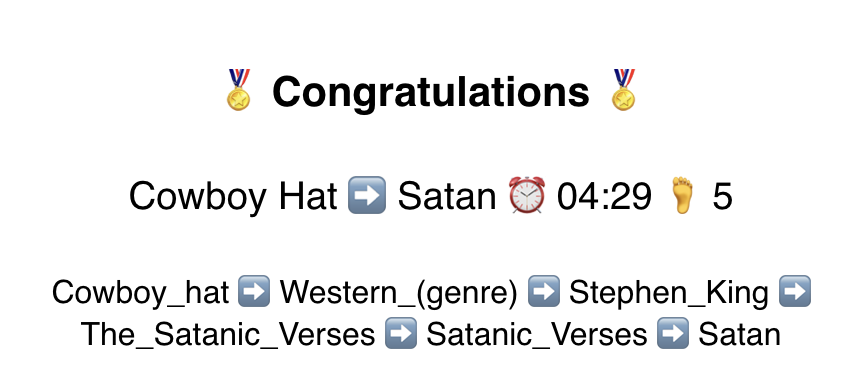Texas blade shop owner refuses to add Nazi symbol to knife.
What stands out about this incident:
- how emphatic on what he would not do “I won’t re-Nazify shit.”
- offered the woman an out to “add a modern German forestry seal… de-Nazify shit.”
- how nonchalant the woman was with her request
The shop, https://www.thebladebartx.com/, is located in Edom, TX, and one of the owners, Jonathan Sibley, competed on Forged in Fire.
